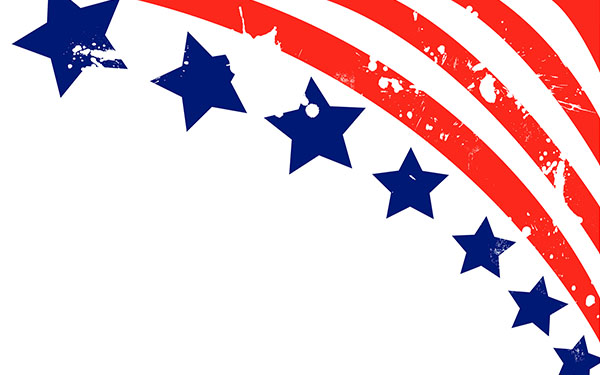Millennials are poised to claim the midterm elections
Ready to feel empowered? Next month could kick-off an era of Millennial political dominance. People born between 1980 and 2000 make up the largest generation in American history, and now that most of us can vote, we could prove pivotal to this year’s midterm elections.
Midterms are often unfairly written off as inconsequential placeholders that dot the years between presidential contests. But there’s a bunch at stake this year.
Get this
We Millennials number 80 million in the US—and only slightly more Americans (82.5 million) voted in the 2010 midterms.
Shaking up Congress
As you read this, 468 members of the US Congress are running for re-election, each hoping that young voters will boost them like they boosted now-President Obama in 2008.
Republicans think they can take control of the Senate by capitalizing on Obama’s low popularity. Democrats are hopeful that an improving economy—and a Supreme Court decision that threatens employee access to some forms of birth control—will convince voters to put them back in charge of the House of Representatives.
College costs & environment
Thirty-eight states and territories will elect governors—who play a pivotal role in environmental protections and college affordability.
Minimum wage & marijuana
In a handful of states, including Massachusetts, voters will choose whether to raise the minimum wage. Citizens in Florida and three other states will vote on proposals to loosen restrictions on marijuana, Ballotpedia reports.
Students pushing for change
In New York City, students have joined parents and teachers to protest the Common Core education standards. In North Carolina, students established the #DebtFreeUNC campaign for fairer student loan terms. They delivered more than 18,000 red squares—each representing a University of North Carolina graduate with loan debt—to the governor and to a leading candidate for the US Senate, The Nation reported.




